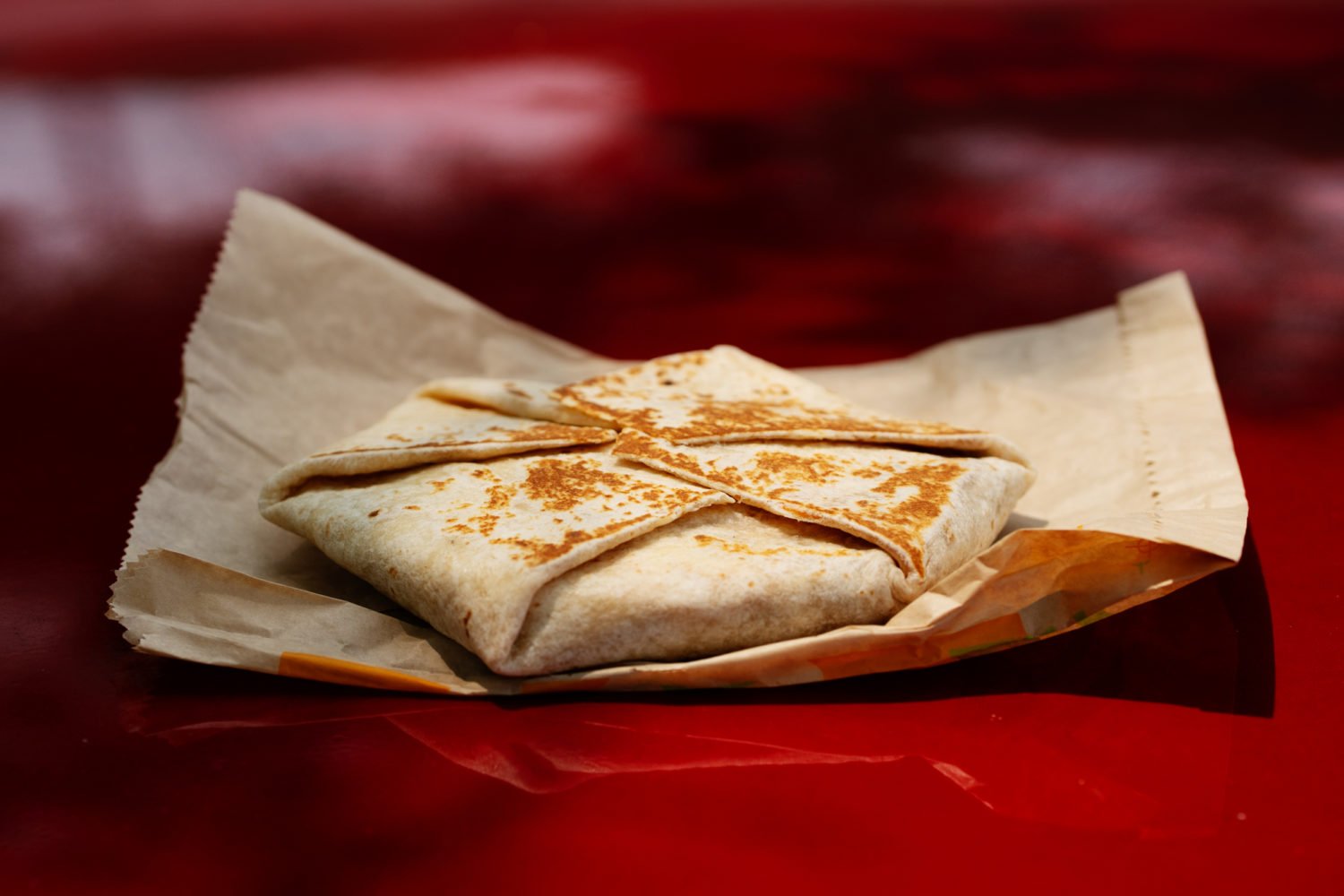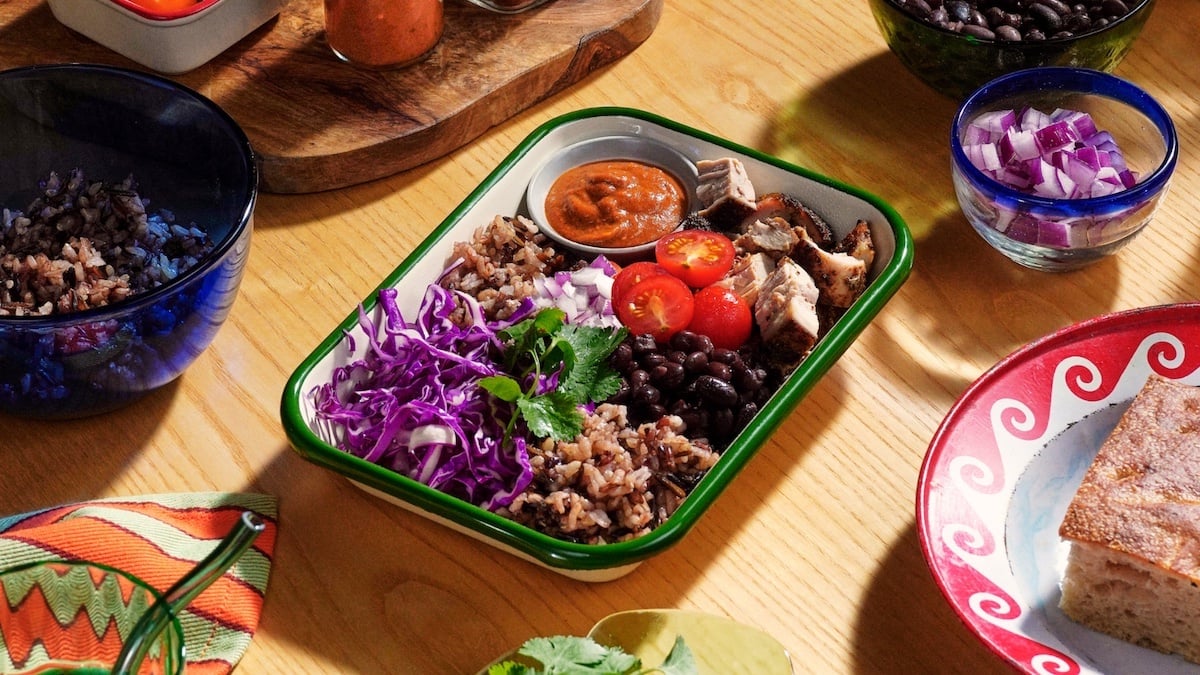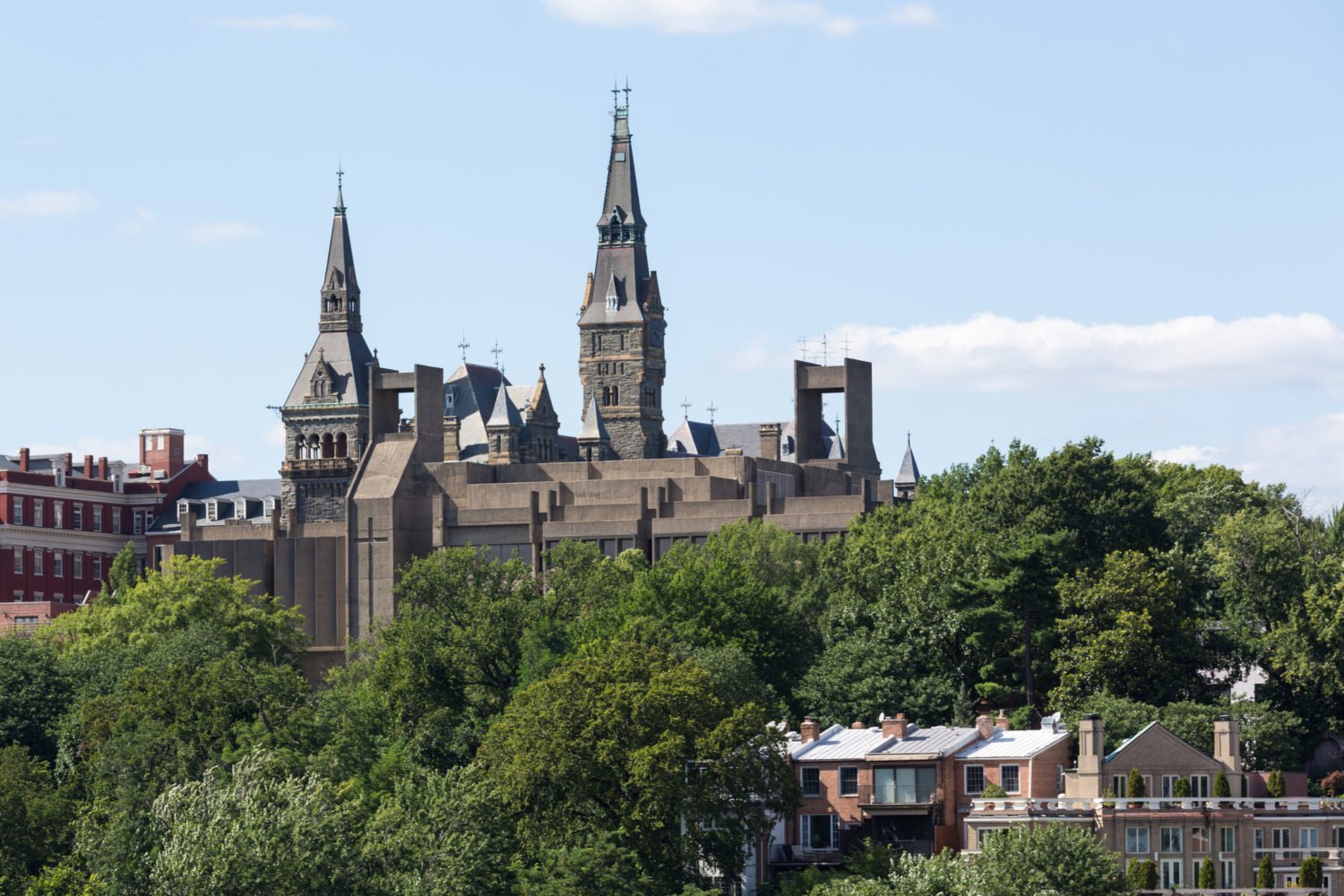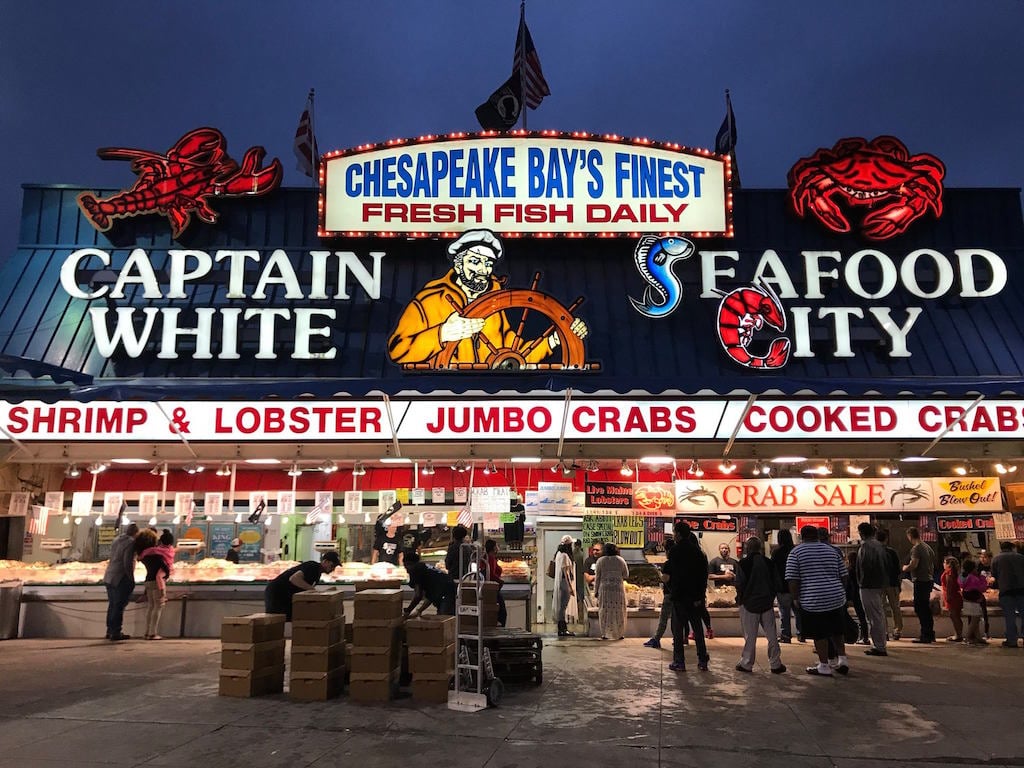A federal jury ordered the Redline sports bar in DC’s Chinatown to pay a former bartender $687,000 in damages after finding the bar and its owner guilty of racial discrimination against her.
Briggitta Hardin, who was hired to work at the bar in December 2010 but was dismissed just before its grand opening, sued Redline and owner Mick Dadlani nearly five years ago, claiming her dismissal was because of the color of her skin. After a two-week trial in US District Court, an eight-member jury agreed, ruling that Redline and Dadlani violated both federal and DC civil-rights laws. Hardin was awarded $175,000 in compensatory damages and an additional $512,000 in punitive damages.
In her original 2011 complaint, Hardin said she was hired in early December 2010 to train as a bartender as Redline prepared to open for business, but was almost immediately met with hostility from Dadlani.
“Ms. Hardin introduced herself and extended her hand to greet Dadlani, but Dadlani refused to touch her hand,” the complaint read. “Instead, Dadlani looked Ms. Hardin up and down with visible disgust and walked away, appearing angered by her presence.”
Hardin, who had previously worked at Bar Louie inside the Gallery Place shopping complex across the street, said she was told “within the hour” that she would not be needed at Redline.
During the trial, Hardin’s lawyers laid out what they described as a “broader scheme of discriminatory exclusion,” saying that Dadlani and Redline’s managers actively kept out black applicants for bartending jobs. In their closing statements, attorneys for both sides argued over allegations that Redline’s ideal employees were “hot, white, blonde chicks,” an argument that the defense tried to bat down by pointing out Redline’s employment of brown-haired and male bartenders.
“This case involved not only significant evidence from Ms. Hardin but also significant evidence from other people who have no stake at all,” Hardin’s attorney, Megan Cacace, says. “A lot of testimony that confirmed defendant’s statements had happened.”
Many witnesses were former servers and managers at Redline who corroborated Hardin’s allegations, Cacace says. The trial also recounted a May 2011 night when Dadlani closed the bar early rather than keep serving a largely African-American crowd watching an NBA playoff game, saying he wanted to “get ‘them’ out”; Redline’s lawyers countered by saying the bar’s receipts had dwindled to the point at which it would have cost more money to stay open than just close for the night.
Lawyers also recounted several hardships in Hardin’s life several years ago. Around the time she sought to work at Redline, she was scraping together her tuition at Howard University. Hardin has since graduated from Howard and is now working in communications and event planning.
The jury’s verdict is “vindication for Ms. Hardin who has been waiting years and years,” Cacace says. “It is certainly valuable to her that she was heard, but once you’ve had that experience you can’t take it’s back and it’s never going to go away. Discrimination hurts and it’s a lasting hurt.”

















